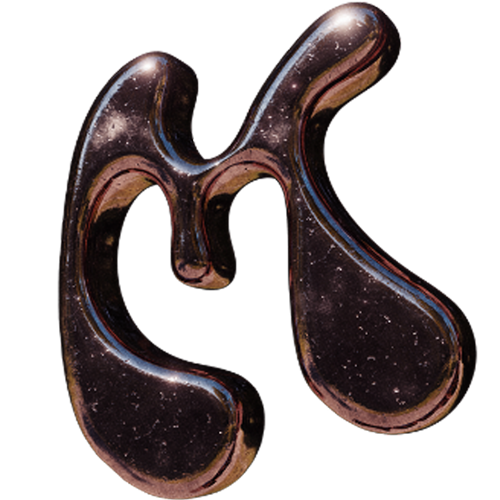Interview with Angelo Cirimele: Founder of Magazine Magazine
MERDE talks with founder and director of Magazine (1999-), Angelo Cirimele. A publication dedicated to magazine culture with more than 86 issues, Magazine plays a center role in the Parisian fashion publishing landscape. Our conversation led to his reflection on past work and advice to potential magazine creators.
Image by Nicolette Contursi
MERDE: What was your first experience with self-publishing?
CIRIMELE: A friend and I started a magazine, a fanzine, black and white, 300 copies. It was called Vendredi, “hebdomadaire gratuit paraissant un vendredi non un vendredi oui.” It was catching the zeitgeist of what was happening, seen through our creative intuitions. We had a lot of fun, obviously, we did a launch because one of the reasons [we made the magazine] was to meet people. We had fun going out, and even found some work out of it. We didn’t intend for this, but in the end, people saw it and asked us if we’d do something similar in their magazine.
“I think we get more intelligent if we work together, with more people. We need other input, visions, backgrounds, methodologies, and sensibilities”
MERDE: Why did you make Vendredi?
CIRIMELE: There’s always a reason why - because in the end creating a magazine takes a lot of time and money so you try to link this with the other parts of your life. It’s about finding the reason why. Andy Warhol said he created Interview magazine to meet people and to be invited to the cinema festival. It was his commercial tool, he met people and it was a platform to experiment.
MERDE: How did Vendredi inform decisions you make in Magazine?
CIRIMELE: Years after, I noticed that things I did in Magazine I had experimented with in Vendredi without realizing it. For example, in Vendredi, on the back cover, there was a short text taken from literature, but unsigned so people didn’t know who the author was. People would ask who wrote it, and we could get people to say if they liked or they disliked it. Once they told us if they liked or disliked it we could said it was Marcel Proust or whoever. We wanted to show that the author is less important than the content. Now in Magazine, we do this more linked to the fashion industry. We don’t need to know who’s speaking, just good text.
MERDE: What is your collaborative ethos?
CIRIMELE: We change fashion directors every issue, because I think that art directors are not that important in the industry today .
MERDE: Why do you think that?
CIRIMELE: That’s the reality - fashion directors know more photographers, they have an eye – for who are the cool photographers. It’s hard to name five good art directors today, you’ll find two or three.
MERDE: The theme of this issue is “EXPOSED”- what do you think needs to be exposed in the fashion industry?
CIRIMELE: I feel that we know everything about fashion. To me, people don’t care how it works inside the maison. They want to dream, they want to play, to be a part of it. People want to see, but not think about fashion. In the 1970s, there was interest in art and social critics, now no one gives a shit. Nobody reads art criticism. In previous years if you were an art critic, your voice was one part in making sense of the whole institution - of the galleries and the artists. Today, you are a part of nothing. It’s the same thing with the fashion journalistic point of view. We try to build a vision of how fashion works, but the reader can choose whether to share what you say, or not on social media. The media was something we knew as reality; now we listen directly to Trump’s twitter, Olivier Balmain’s Instagram account and what brands and artists say directly to their followers. There’s a different organization.
MERDE: How does this organization connect to a collaborative network in a Magazine?
CIRIMELE: Last issue I did an interview with Quentin Bajac, the new director of Jeu De Paume. He said he wasn’t interested in selling self-published photography books because he thinks publications need an editor, decisions made by someone other than the creator. I agree - I think we get more intelligent if we work together, with more people. We need other input, visions, backgrounds, methodologies and sensibilities. I think this collaborative thing is getting lost. Not one person has the creative answer. When we join forces, and sensibilities – we get something that is better. This is the reason I keep printing Magazine.



